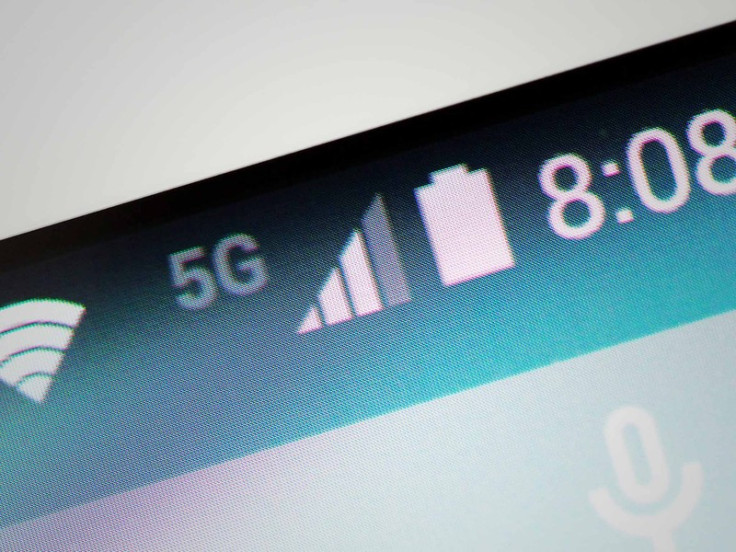5G researchers achieve 1Tbps record connection speed in the UK

Researchers from the University of Surrey have achieved the fastest 5G wireless transmission speed ever while developing a wireless network, achieving one terabit per second (1Tbps), which is many thousands of times faster than 4G.
The breakthrough was made at the university's 5G Innovation Centre (5GIC), which was founded by a host of telecoms industry partners including Huawei, Fujitsu, EE, Aircom, BT, Samsung, Telefonica, Vodafone, Aeroflex and Rohde & Schwarz, as well as the BBC.
Industry bodies such as the Institute of Electrical and Electronics Engineers (IEEE) and the GSM Association (GSMA) are yet to define any standards for "5G", a term used to describe next-generation mobile networks that are expected to have incredibly fast speeds.
Ofcom has said 5G could possibly be available in the UK by 2020 and it believes 5G mobile should be able to deliver speeds of between 10-50Gbps, while in contrast 4G currently offers an average download speed of 15Mbps.
Telecom infrastructure providers Ericsson has suggested 5G will be so fast, it will, for example, be able to power live streaming video camera feeds from the helmets of firemen, so experts back at a command control centre can give them real-time advice when navigating dangerous situations.
"We have developed 10 more breakthrough technologies and one of them means we can exceed 1Tbps wirelessly. This is the same capacity as fibre optics but we are doing it wirelessly," Professor Rahim Tafazolli, director of the 5GIC, told V3.
In October 2014, Samsung set the record by achieving a wireless speed of 7.5Gbps in tests at its DMC R&D Centre at Samsung Electronics in Suwon, South Korea.
But in November, the record was beaten by the 5GIC, when it achieved a speed of 0.8 terabits (800Gbps) in its tests.
However, the 5GIC has been very clear about the fact that gaining the fastest wireless speed is not the main focus of its research, but rather how the network infrastructure should be designed in order to be able to keep up with demands from users.
At the moment, consumers are starting to get used to 4G (also known as 4G LTE), which is a faster wireless technology that was designed to relieve pressure on 3G networks, which were not designed for people to stream lots of YouTube videos and check into Facebook on.
In the telecoms industry, 5G is often known as LTE-Advanced, and numerous countries around the world are trialling the technology, particularly mobile-data-hungry nations like South Korea, which consume far more mobile broadband than the West.
© Copyright IBTimes 2025. All rights reserved.





















